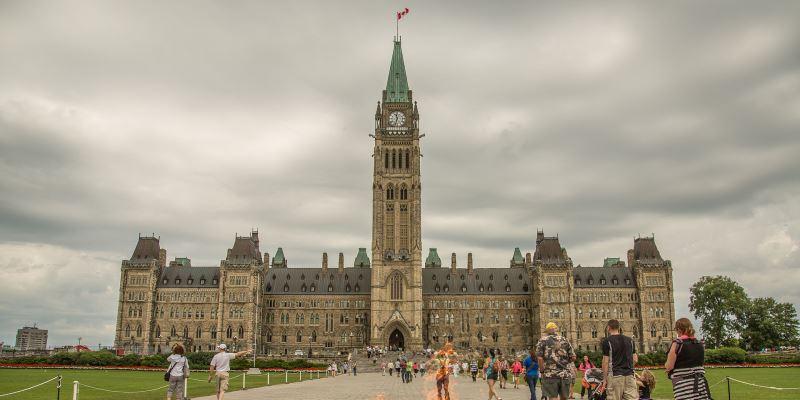Carbon pricing in Canada—myth and reality

In recent eco-news, Canada’s Ecofiscal Commission, a self-appointed group that pushes pollution-pricing (believing that such mechanisms are superior to regulatory approaches), recently released a report called “10 Myths about Carbon Pricing in Canada.” As an answer to criticisms of the Trudeau government’s carbon-pricing plan, it falls short. Why? Because it spends too much time responding to claims no one is making, or to strawman versions of legitimate concerns, while avoiding discussing the substantive criticisms. Due to space constraints, I’ll focus on two of their “myths” that are not so mythical.
Ecofiscal’s Myth #6 is that “Carbon Pricing is a Cash Grab.” This is “myth” because Ottawa will return all carbon-pricing revenue to the provinces, with 90 per cent in lump sum rebates to households. The rebate part is true, but the idea that the feds won’t get a cut not. Ottawa will capture revenues from the increased GST collected due to higher prices caused by carbon taxes. One estimate suggests the GST on top of the carbon price in 2019 could bring in $250 million in GST revenues, which will increase as the carbon tax escalates to $50 per tonne in 2022.
And of course, provinces with a Provincial Sales Tax will also see additional revenues, even if they also rebate all the revenue of the carbon tax itself. Of course, provinces with existing carbon-pricing programs deemed equal to the federal backstop are under no such obligation to return all revenues, as we’ve seen in British Columbia, which abandoned revenue neutrality five years into its carbon tax.
According to Ecofiscal’s Myth #9, it’s a myth that “we can use other, better policies to shrink our emissions.” For evidence, the authors construct a false comparison. They argue that carbon pricing is more efficient than traditional regulations—but they don’t address the problem, that the government is not replacing regulations with a carbon tax, but is adding the tax on top of regulation. Here, Ecofiscal really fails in its mandate. While they advocate for carbon pricing, they ignore the fact that by maintaining and expanding its regulatory reach, the government is eliminating the conditions that make for an efficient carbon price.
As analysis shows, none of the provinces that implemented carbon pricing did so in lieu of regulations. And after implementing its federal carbon price, the Trudeau government plans to apply a “Clean Fuel Standard,” which would “incent the use of a broad range of low carbon fuels, energy sources and technologies, such as electricity, hydrogen, and renewable fuels” and “establish lifecycle carbon intensity requirements separately for liquid, gaseous and solid fuels” and “not differentiate between crude oil types produced in Canada or imported” and “complement the pan-Canadian approach to pricing carbon pollution.”
Some optimistic (and no doubt well-meaning) economists tout the “grand bargain” of exchanging regulations for carbon pricing. I have heard this argument since I started studying climate policy in 2006. But in more than 20 years studying climate policy in the United States and Canada, I have never seen such a bargain put on the table because environmentalists don’t want a grand bargain. They don’t want to bargain, period. They want all-of-the above—eco-justice, fuel standards, vehicle standards, building standards, green-power spending and a carbon tax. From an efficiency standpoint, that’s pretty much the worst climate option on the table.

